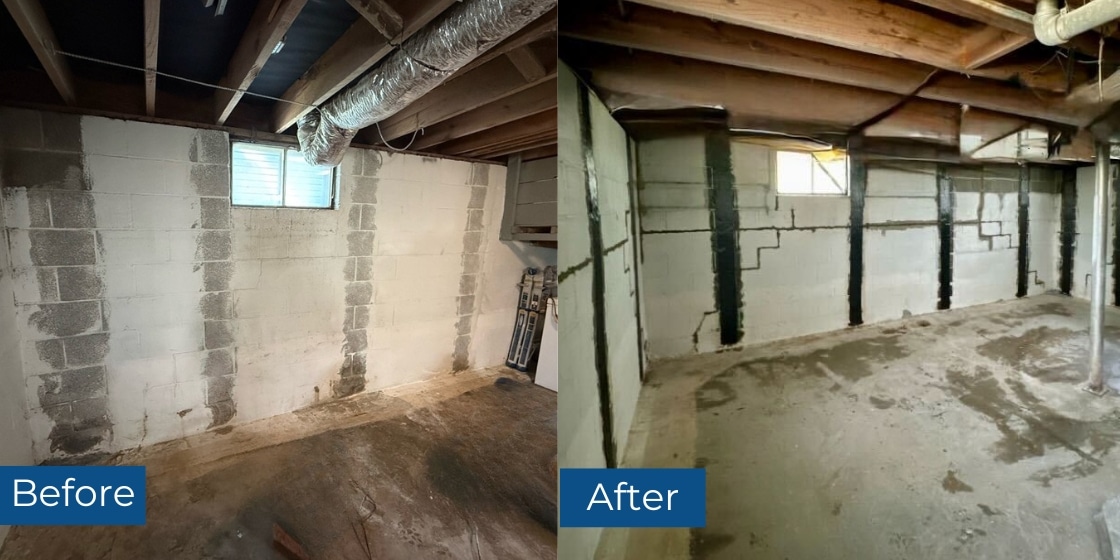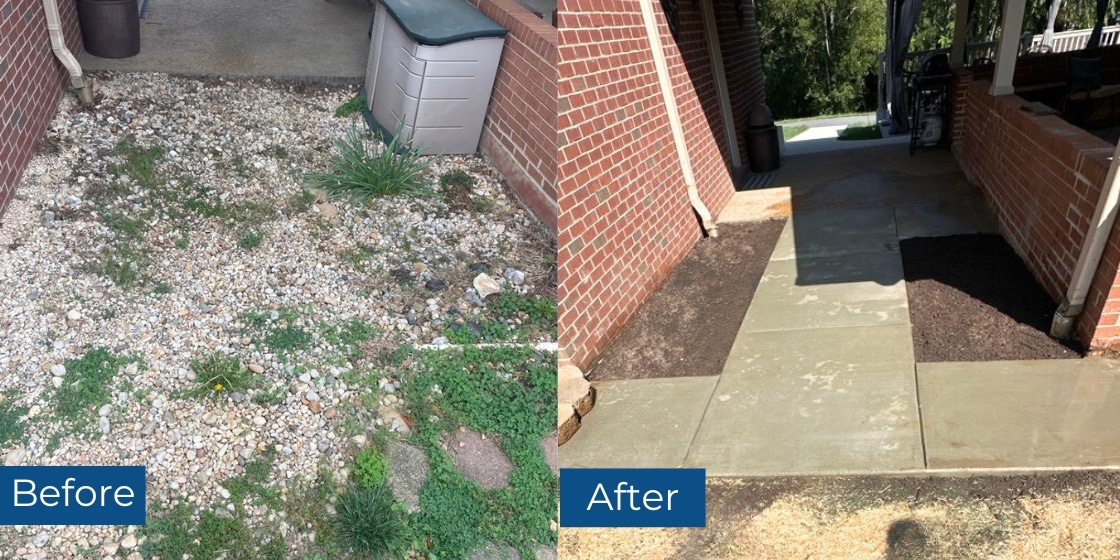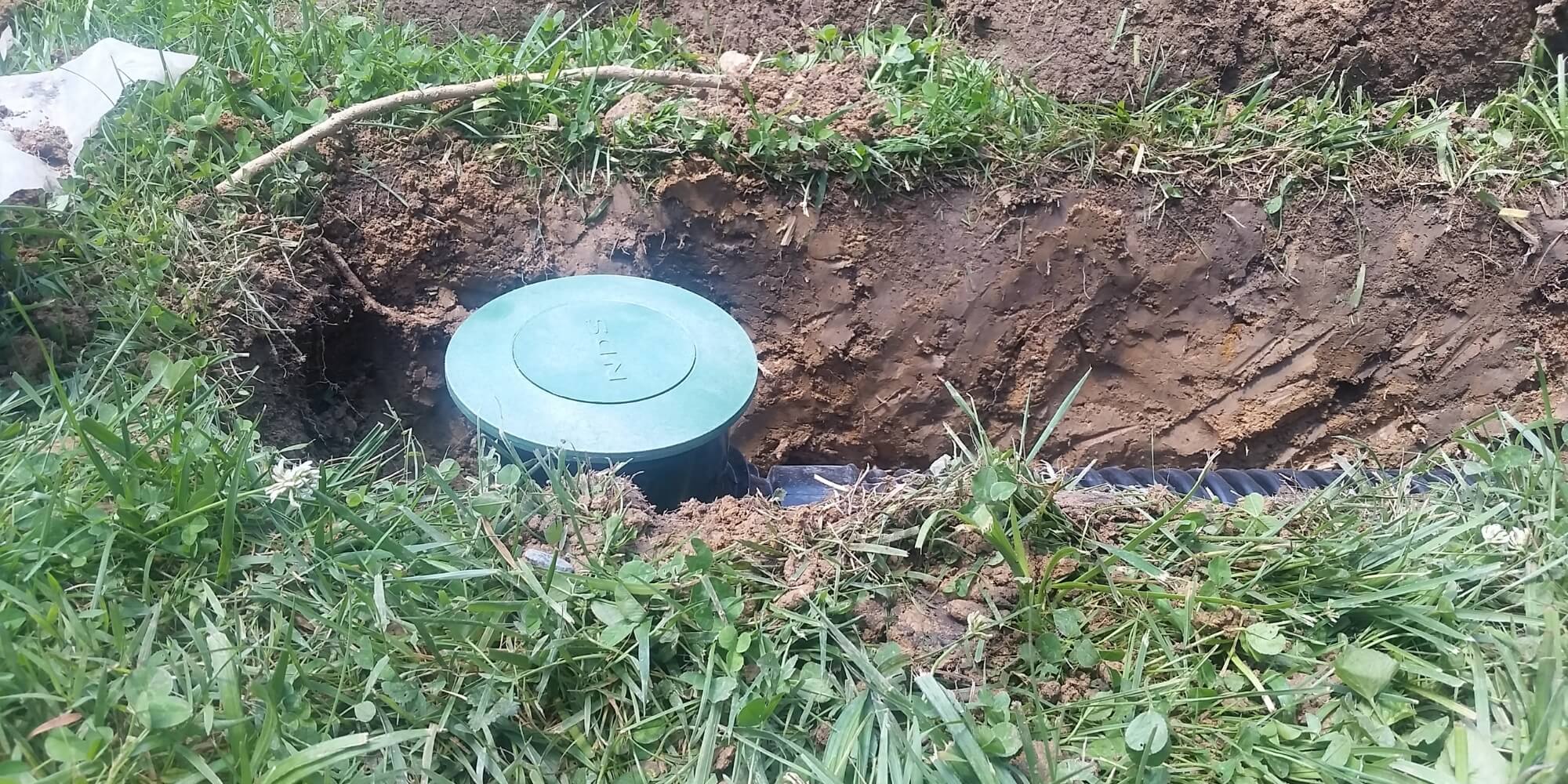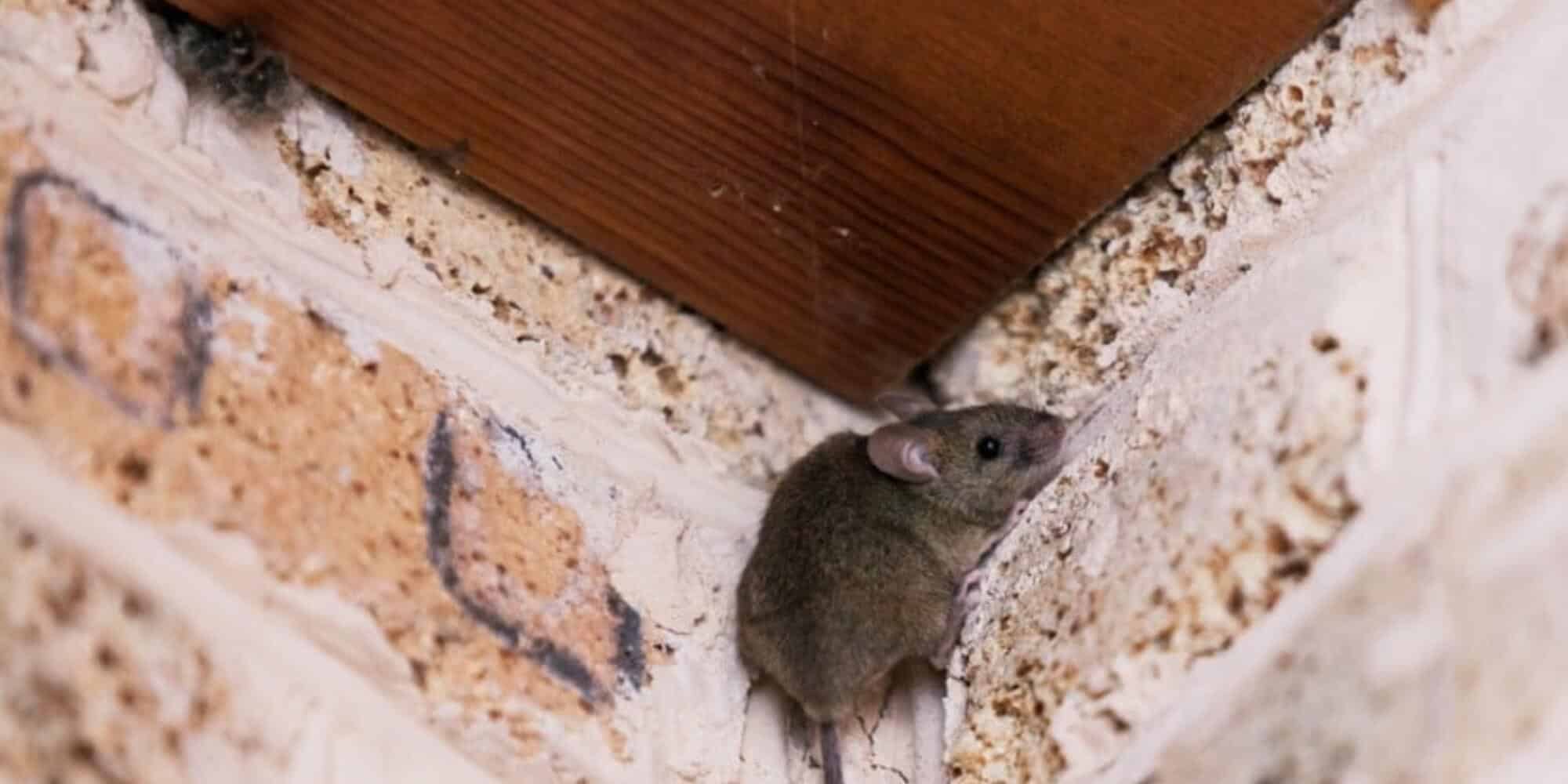Basement, Crawl Space, Concrete, and Foundation Repair Experts
Worried about cracks in your foundation, water damage, or uneven floors? LUX Foundation Solutions offers expert crawl space repair, basement waterproofing, concrete repair, and foundation repair.
Serving Northern Virginia, North Central Virginia, Shenandoah Valley, and West Virginia, we provide innovative, lasting solutions to protect your home’s value and peace of mind.
Our Services
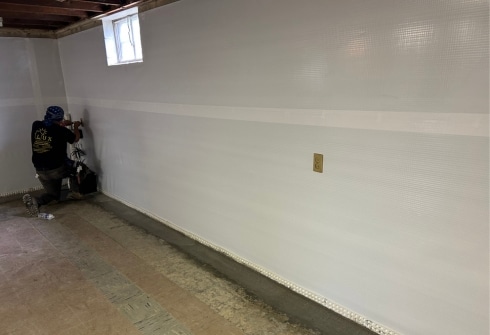
Basement Waterproofing
Keep your basement dry and safe with our advanced basement waterproofing solutions. Our expert team will identify the causes and provide the best-engineered products and solutions to keep your basement dry, secure, and habitable.
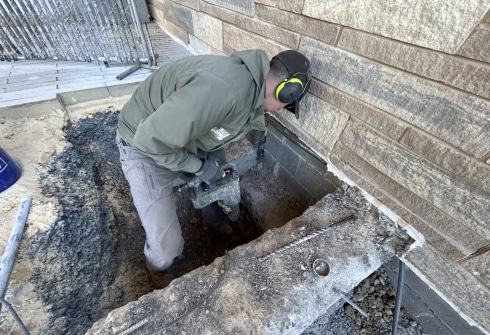
FOUNDATION REPAIR
Ensure your home’s structural integrity with our professional foundation repair services. Our experts will assess the damage, develop a customized repair plan, and employ industry-leading techniques to restore your foundation's strength and stability.
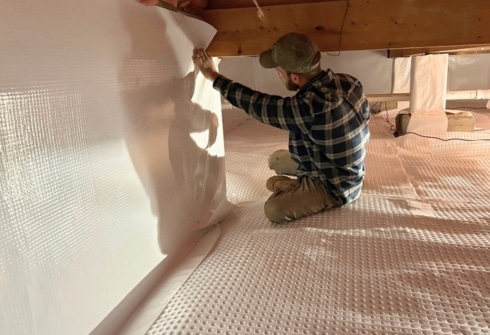
Crawl Space Repair
Transform your damp, musty crawl space into a dry, clean, and healthy space with our crawl space repair services. We offer encapsulation, vapor barriers, and other structural solutions to improve air quality and energy efficiency.
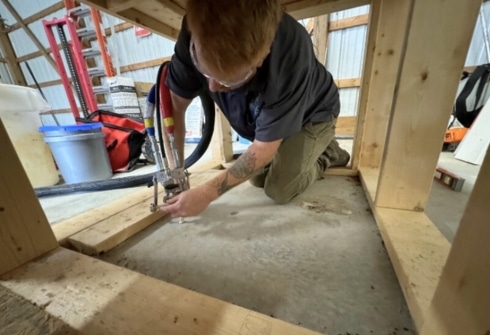
concrete repair
Restore the strength and stability of your home with our concrete crack repair services. From minor cracks in your concrete driveway, patio, slab, or walkway, prevent them from becoming major issues by addressing them early with our polyurethane foam injection solutions.

Your Trusted Crawl Space, Concrete, Basement, and Foundation Repair Experts
LUX Foundation Solutions is your trusted local expert in crawl space repair, concrete repair, basement waterproofing, and foundation repair across Northern Virginia, Shenandoah Valley, North Central Virginia, and West Virginia. Committed to high-quality results and exceptional service, we provide reliable, long-lasting solutions to protect your home or business from crawl space issues, water damage, and foundation concerns.
Let's work together
Why Choose LUX Foundation Solutions?
- Expertise You Can Trust: – Over 50 years of combined experience, delivering precise solutions with transparency and confidence.
- Hassle-Free Service – We ensure a smooth process with courtesy calls, thorough clean-up, and a final satisfaction walk-through
- Comprehensive Support – From diagnosis to paperwork, we handle every step, offering warranties and long-term peace of mind.
- Honesty and Transparency – No hidden fees, no overselling—only clear communication and a commitment to your home’s stability.

WHAT OUR CLIENTS SAY
Testimonials
Discover what our satisfied clients have to say about their experience with Lux Foundation Solutions. We take pride in our commitment to excellent service and customer satisfaction.
Completed Works
View our gallery, which showcases the remarkable changes we’ve brought to homes, reinstating safety and comfort through our concrete, crawl space, basement, and foundation repair services.
WE'VE GOT YOUR BACK
We Want You to be Our Next Satisfied Client
We’re here to help you when you notice anything unusual in your basement, foundation, or crawl space. Contact us today at 540-508-8587 to discuss your needs and how Lux Foundation Solutions can assist you, or fill out the online estimate request form to schedule a free on-site estimate.
Let’s work together to ensure your home remains a secure and stable sanctuary for you and your loved ones.
- OVER 50+ YEARS OF COMBINED EXPERIENCE
- TRAINED, LICENSED & EXPERIENCED STAFF
- OVER 1,000s+ SUCCESSFUL Projects
- LONG-TERM - LIFETIME WARRANTIES
- HIGHLY COMPETITIVE PRICING
- PERMANENT AND LONG-TERM SOLUTIONS FOR YOUR HOME OR BUSINESS

Resources
Explore our latest blog posts for valuable information and insights on home repair and maintenance. We’re here to provide you with the knowledge you need to maintain a safe and secure home.
Rainwater Management: The Benefits of Installing Buried Downspout Extensions
Mice in Crawl Space? How to Remove & Prevent Rodents
Are Hairline Cracks in a Concrete Slab Normal?
Proudly Serving Northern Virginia, West Virginia, North Central Virginia, Shenandoah Valley, and Surrounding Areas
At LUX Foundation Solutions, we’re committed to providing top-notch service across Northern Virginia, Shenandoah Valley, North Central Virginia, and West Virginia. Our local expertise means we understand the unique challenges faced by properties in these areas and are fully equipped to address them.
Northern Virginia
- Fairfax
- Fauquier
- Loudoun
- Prince William
- Stafford
North Central Virginia
- Albemarle
- Culpeper
- Green
Shenandoah Valley
- Augusta
- Clarke
- Frederick
- Rappahannock
- Rockingham
- Shenandoah
- Warren
West Virginia
- Berkeley
- Grant
- Hamshire
- Hardy
- Jefferson
- Mineral
- Morgan
LUX Financing: Invest in Your Home's Future
Preserve your home's value and your peace of mind. We offer flexible financing options to make your home repairs and projects seamless and stress-free!










